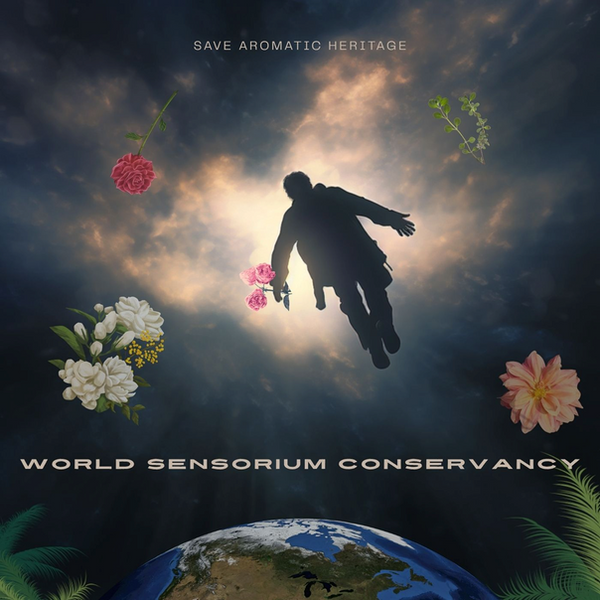José Marinez
José Marinez is doing something interesting at University College Dublin's College of Engineering and Architecture—he's a PhD candidate who actually gets that AI shouldn't be about replacement but augmentation. Most people miss this distinction entirely.
His focus? AI that makes the transition to more whole plant foods—vegetables, fruits, legumes, nuts, seeds, whole grains—feel inevitable rather than effortful. No preaching about processed foods, just intelligent systems that make unprocessed options more accessible, appealing, and practical within your existing food life. Most wellness technology gets this backwards—it assumes the problem is motivation when it's really about removing practical barriers. The real barrier to eating more whole plants isn't knowledge; it's convenience, habit architecture, and social context. José's betting that the breakthrough comes from technology that removes friction rather than adds moral pressure.
What's unusual: he's both hardware and software, which is increasingly rare in our hyper-specialized world. The combination of physical and digital thinking tends to produce more robust solutions. But here's where the humanistic intelligence framework becomes crucial—his AI systems are designed to blend seamlessly into existing routines rather than demand lifestyle overhauls. Think about it—how many well-intentioned technologies fail because they interfere with rather than integrate into people's actual lives?
The systems thinking angle is correct. Most health tech treats symptoms, not systems. José is asking: what if we designed AI to enhance cognitive agency rather than replace it? That's the kind of question that leads to breakthrough rather than just another digital intervention.
His background includes stints at major tech companies, which means he's seen how things scale—and more importantly, how they fail to scale. This practical experience combined with academic rigor is a powerful combination, though not common.
The ethical framework isn't just academic posturing. Rather than nudging users toward predetermined outcomes, José's approach focuses on understanding and shifting health belief models—helping people genuinely want to make changes rather than manipulating them into compliance. In a world where most AI development happens first and asks moral questions later, this foundation of user autonomy is both rare and necessary.
Bottom line: he's working on problems that matter, with methods that make sense, guided by principles that won't embarrass him in twenty years. In today's tech landscape, that's more unusual than it should be.




